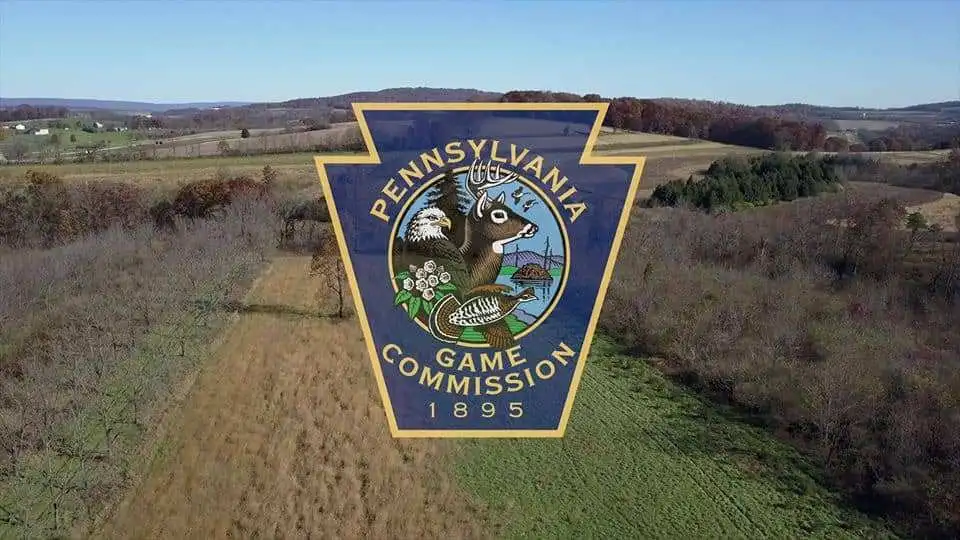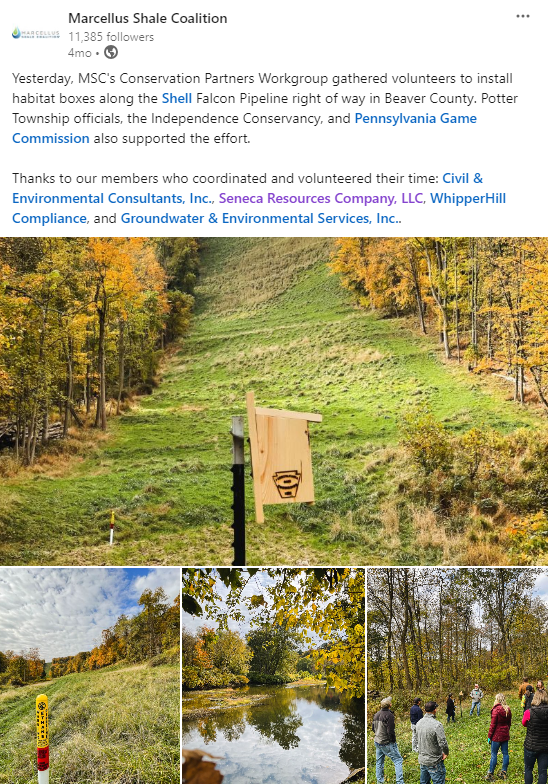Hunting and trapping play a rich and prominent role in the culture of Pennsylvania. The Pennsylvania Game Commission (PGC) is charged with managing and protecting wildlife and their habitats, and it promotes hunting and trapping for current and future generations. The natural gas industry has proven critical to helping the PGC carry out its mission.
More than $1 billion from responsible natural gas activity on state game lands has been generated for the Pennsylvania Game Commission (PGC) since 2008, according to PGC’s PA Game News, with $319 million in lease, royalty and right of way payments contributed during fiscal year 2023-2024 alone.
The funds, used to expand and conserve public lands and habitats across the state, account for 71% of PGC’s total operating budget, demonstrating the great importance of natural gas not only as a critical economic engine, but also as a partner in carrying out the mission of one of our historic state government agencies.
“It’s not just about the money that they’re realizing, but it’s about what they’re doing with that money,” explained MSC president Dave Callahan in the Center Square. “It’s how they’re not only maintaining their mission at the game commission, but enhancing it as well: protecting wildlife, protecting ecological resources, providing more infrastructure.”
Lease revenue and production royalties benefit all PGC’s stakeholders, including the wildlife, hunters and other users of the lands, as well as the Commission itself by filling funding gaps and allowing for the undertaking of projects that would otherwise not be financially possible.
In fact, the PGC “[wasn’t] very far away from a time when we were laying people off” due to budget constraints which, as an independent state agency, is reliant upon fees such as hunting licenses that have been in steady decline over the past few years. But, thanks to the funds spurred by natural gas development, “that’s all turned around,” a PGC spokesperson told the Chesapeake Bay-Journal.
Over the thirteen-year partnership, PGC has invested in 32,500 acres of game lands (including a hawk watch site), new shooting ranges, new roads, building renovations, wildlife food plots, and research on turkey, deer, grouse, and duck habitats, to name a few.
Pennsylvania’s energy developers take pride in their mission to responsibly produce and transport energy that protects and enhances the surrounding environment. In addition to activity spurring the $1 billion for PGC to date, operators work closely with Game Commission staff and other community or conservation partners to promote biodiversity, enhance habitat, raise community awareness and expand opportunities for all Pennsylvanians to enjoy the outdoors.






